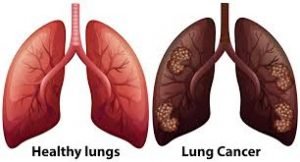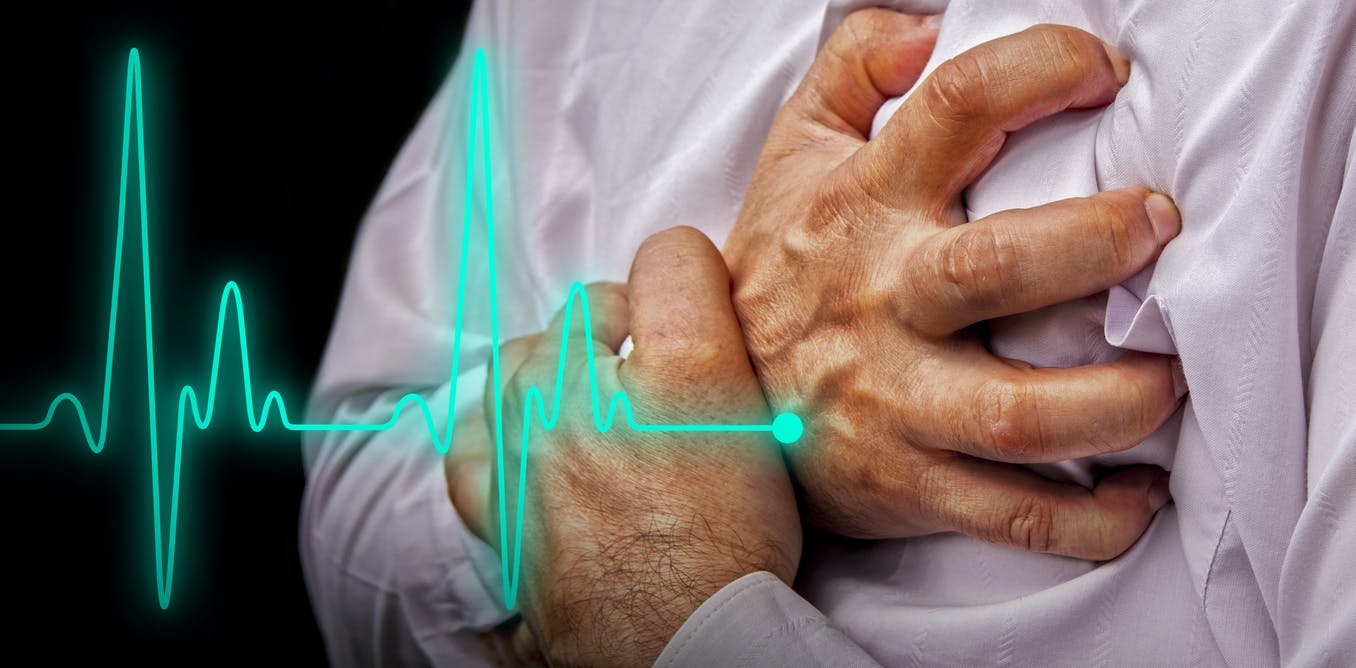The effect of smoking on all body parts + video
Smoking, a seemingly harmless act, unleashes a cascade of negative effects that wreak havoc on almost every organ in the body. From the very first puff, the harmful chemicals in cigarettes begin their destructive journey, causing a multitude of health problems, some immediate, and others silently brewing over time. Let’s embark on a tour of the body, witnessing the devastation smoking inflicts on each vital system:
Top 10 Terrible Things Smoking Does to Your Body:
Smoking Causes Cancer, Heart Disease, Emphysema :
Lungs: The primary target, the lungs bear the brunt of the assault. Smoke irritates the delicate air sacs, reducing their ability to absorb oxygen and release carbon dioxide. This leads to chronic obstructive pulmonary disease (COPD), a debilitating condition characterized by chronic bronchitis and emphysema.
Heart and Blood Vessels: Smoking is the leading cause of preventable death from heart disease and stroke. Nicotine, a highly addictive compound in cigarettes, constricts blood vessels, raising blood pressure and reducing blood flow. This increases the risk of blood clots, potentially leading to heart attacks or strokes.
Brain: The brain is not spared either. Smoking damages blood vessels supplying the brain, increasing the risk of stroke and dementia. Additionally, it can impair cognitive function, leading to memory problems and difficulty concentrating.
Immune System: Smoking weakens the body’s natural defenses, making it more susceptible to infections, including pneumonia, tuberculosis, and even the common cold.
Reproductive System: Both men and women experience the detrimental effects of smoking on their reproductive health. Smoking can decrease sperm count and motility in men, impacting fertility. In women, it can lead to irregular periods, increased risk of miscarriage, and complications during pregnancy.

Mouth and Throat:
- Oral Cancer: Smoking is a major risk factor for several types of oral cancer, including those of the lips, tongue, throat, and larynx. The carcinogens in cigarette smoke directly damage the DNA of cells in the mouth and throat, leading to uncontrolled growth and the formation of tumors.
- Gum Disease: Smoking significantly increases the risk of developing gum disease, also known as periodontitis. The chemicals in cigarettes weaken the immune system’s response to the bacteria in the mouth, allowing them to thrive and cause inflammation. This inflammation damages the tissues supporting the teeth, leading to gum recession, bone loss, and eventually, tooth loss.
- Bad Breath (Halitosis): Smoking contributes to bad breath due to several factors. The chemicals in cigarettes can leave a lingering odor on the breath. Additionally, smoking reduces saliva production, which normally helps wash away bacteria and food particles that contribute to bad breath.
Skin:
- Collagen and Elastin Breakdown: Cigarette smoke contains numerous harmful chemicals, including free radicals, which damage the skin’s essential proteins, collagen, and elastin. These proteins are responsible for the skin’s structure, elasticity, and youthful appearance. When they are damaged, the skin loses its firmness and develops wrinkles and sagging.
- Premature Aging: Due to the breakdown of collagen and elastin, smokers experience premature aging of the skin. This manifests as wrinkles, lines, and a dull complexion. Additionally, smoking reduces blood flow to the skin, further contributing to its unhealthy appearance.
- Worsened Skin Conditions: Smoking can exacerbate existing skin conditions like psoriasis and eczema. The chemicals in cigarettes can trigger inflammation, making these conditions more itchy, painful, and difficult to control.
Bones:
- Osteoporosis Risk: Smoking disrupts the natural balance between bone formation and breakdown in the body. It decreases the activity of osteoblasts, the cells responsible for building bone, and increases the activity of osteoclasts, the cells responsible for breaking down bone. This imbalance leads to a net loss of bone mineral density, increasing the risk of developing osteoporosis, a condition characterized by weak and brittle bones that are prone to fractures.
- Delayed Healing: Smoking can impair the body’s ability to heal properly after fractures. This is because smoking constricts blood vessels, limiting the flow of oxygen and nutrients needed for bone repair. Additionally, smoking weakens the immune system, making the body more susceptible to infections that can further hinder healing.
Digestive System:
- Ulcers: Smoking weakens the protective lining of the stomach and duodenum (first part of the small intestine), making them more susceptible to damage by stomach acid. This can lead to peptic ulcers, causing pain, bleeding, and even perforation (hole) in the stomach wall.
- Heartburn (Gastroesophageal Reflux Disease or GERD): Smoking weakens the lower esophageal sphincter (LES), a muscle that keeps stomach acid from flowing back up into the esophagus. This weakened LES allows acid to reflux, causing heartburn, chest pain, and irritation.
- Constipation: Smoking disrupts the natural movement of food through the digestive tract. It can slow down muscle contractions and reduce blood flow to the intestines, leading to constipation and difficulty passing stool.
- Nutrient Absorption: Smoking can damage the lining of the small intestine, where nutrients are absorbed from food. This can lead to deficiencies in essential vitamins and minerals, impacting overall health and well-being.
Eyes:
- Age-related Macular Degeneration (AMD): Smoking damages the macula, the central part of the retina responsible for sharp central vision. This damage can lead to AMD, a progressive condition that causes blurred vision, difficulty seeing in low light, and eventually, central vision loss.
- Cataracts: Smoking increases the risk of developing cataracts, a clouding of the lens of the eye that gradually impairs vision and can eventually lead to blindness if left untreated. The exact mechanism is still under investigation, but theories suggest that smoking may contribute to oxidative stress in the lens, leading to protein breakdown and clouding.
- Diabetic Retinopathy: Smoking can worsen diabetic retinopathy, a complication of diabetes that damages blood vessels in the retina. This can lead to vision problems, including bleeding in the eye and even blindness.
This list is far from exhaustive, showcasing only a glimpse of the widespread impact of smoking on the human body. The choice to smoke is not just about a momentary indulgence; it’s a decision that carries consequences for every system, potentially affecting every aspect of one’s health and well-being. Quitting smoking, however difficult it may seem, remains the single most significant step one can take towards a healthier and longer life.


